HOW long should you live in Britain before you can become British?
Most people think that five years is about the right length of time to take up citizenship.
Conservative leader Kemi Badenoch now says that seems a decade too short – so she proposes that nobody should be able to start a citizenship application until they have lived in this country for at least 15 years.
What makes this surprising is that Badenoch herself is a strong example of the migrant as a patriot. One of her biggest themes is how we need to make integration matter more. So there is a strange dissonance in her first big policy idea being how to deter and to delay people from becoming British.
Badenoch recognises that she was lucky herself. She was born British – because her parents chose to come to London for her birth, in January 1980, shortly before Margaret Thatcher ended birthright citizenship in the 1981 British Nationality Act.
Returning as a 16-year-old, Badenoch has said her British passport felt to her teenage self like the golden ticket which let Charlie into Willy Wonka’s chocolate factory in Roald Dahl’s book, describing herself as “to all intents and purposes a first generation migrant” in her maiden speech.
Badenoch has no personal responsibility for either her parents’ choices – to secure British citizenship for their first two children under the rules as they stood – nor the Thatcher government’s decision to change that law.
What she is responsible for is the direction of Conservative policy now. Had young Badenoch not arrived as a citizen in 1996, should she have been eligible to become British in 2002 – or would it have been better to wait until 2011 to make sure she would make a positive contribution? Should a bright young Nigerian or Indian graduate today, who qualifies under the postBrexit system, be eligible for citizenship in 2031 or wait 10 years longer?
Few people find it a persuasive idea that the best way to show British citizenship is special is to put it out of reach for so long. New Focaldata polling for British Future finds that a majority of people think five years is long enough. Threequarters of Labour and Liberal Democrat voters believe that, while Tory voters strongly prefer a fiveyear qualifying period to 15 years – by 50 per cent to 12 per cent.
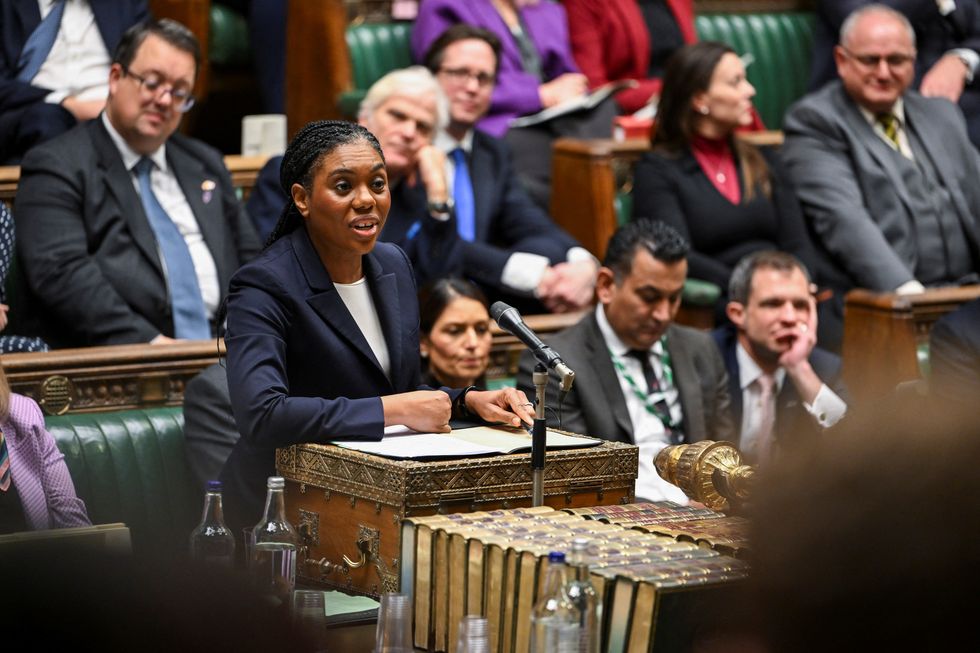
A surly nine per cent of the public are opposed to migrants ever being given the chance to become British, including a quarter of Nigel Farage’s Reform voters, though the 15year proposal even goes too far for a majority of the Reform vote, overcompensating in its attempt to pitch to them.
Though presented as a response to high levels of immigration, this is not directly an immigration policy at all, but rather about what happens once people have been here five or six years and want to settle in Britain.
The government also has public support – strongly from Labour voters – for allowing those granted refugee status to become citizens six years later, removing the legal bar on citizenship, forever, if people initially arrived without permission to claim asylum.
It is easy to say what significantly cutting net migration would involve. A government would simply need to decide how much to tighten the criteria about who gets a visa to live, work or study in Britain.
Yet the dilemmas of control make it harder to turn slogans about numbers into substantive policies to reduce them. After all, Boris Johnson’s Conservative government had reasons for each of its decisions to liberalise immigration rules – for NHS and social care visas, feepaying students, and events in Hong Kong and Ukraine. What ministers never had was any mechanism of accountability within government or parliament to consider what their choices might add up to – beyond a late panic six months before leaving office, after realising their policies had accidentally trebled net migration after pledging to cut it.
Net migration is set to halve from the extraordinary peak levels – and the government should introduce a more rational process for future policymaking with an annual migration plan in parliament.
This government should recognise the substantive and symbolic value of citizenship too – which spans those with different views of immigration levels. There is a preference for encouraging settled migrants to become British, which involves taking the citizenship and language tests, even pledging allegiance to the King, as part of the symbolism and substance of choosing to become British.
Let us have the debate about the right immigration choices to make now. But we should be able to find common ground on encouraging people who come and settle here to become British and to celebrate it when they do.
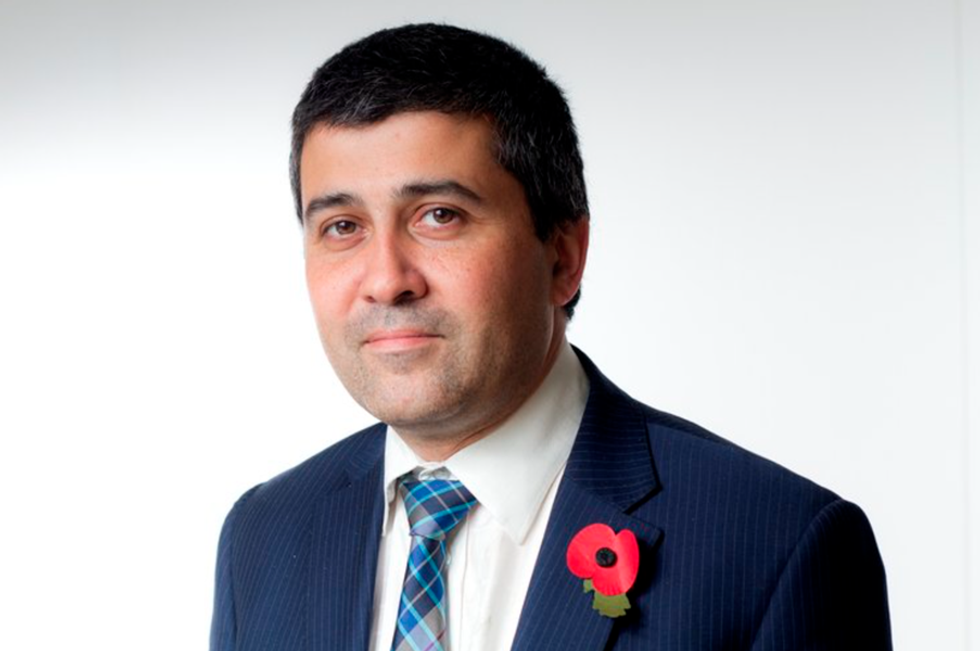
Sunder Katwala is the director of thinktank British Future and the author of the book How to Be a Patriot: The must-read book on British national identity and immigration
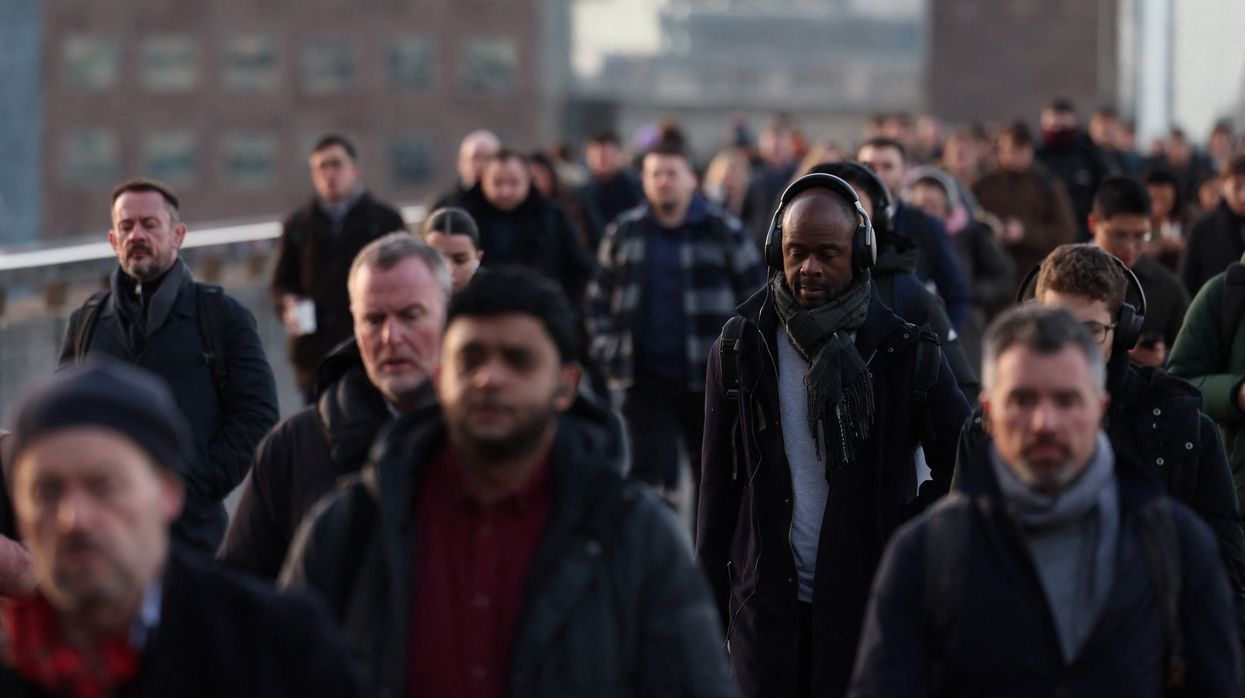





 Ed Sheeran and Arijit Singh
Ed Sheeran and Arijit Singh Aziz Ansari’s Hollywood comedy ‘Good Fortune’
Aziz Ansari’s Hollywood comedy ‘Good Fortune’ Punjabi cinema’s power-packed star cast returns in ‘Sarbala Ji’
Punjabi cinema’s power-packed star cast returns in ‘Sarbala Ji’ Mahira Khan
Mahira Khan ‘Housefull 5’ proves Bollywood is trolling its own audience
‘Housefull 5’ proves Bollywood is trolling its own audience Brilliant indie film ‘Chidiya’
Brilliant indie film ‘Chidiya’  John Abraham
John Abraham Hina Khan and her long-term partner Rocky Jaiswal
Hina Khan and her long-term partner Rocky Jaiswal  Shanaya Kapoor's troubled debut
Shanaya Kapoor's troubled debut Sana Yousuf
Sana Yousuf











 Shraddha Jain
Shraddha Jain Arundhati Roy
Arundhati Roy William Dalrymple and Onjali Q Rauf
William Dalrymple and Onjali Q Rauf Ravie Dubey and Sargun Mehta
Ravie Dubey and Sargun Mehta Money Back Guarantee
Money Back Guarantee Homebound
Homebound Guru Dutt in Chaudhvin Ka Chand
Guru Dutt in Chaudhvin Ka Chand Sarita Choudhury
Sarita Choudhury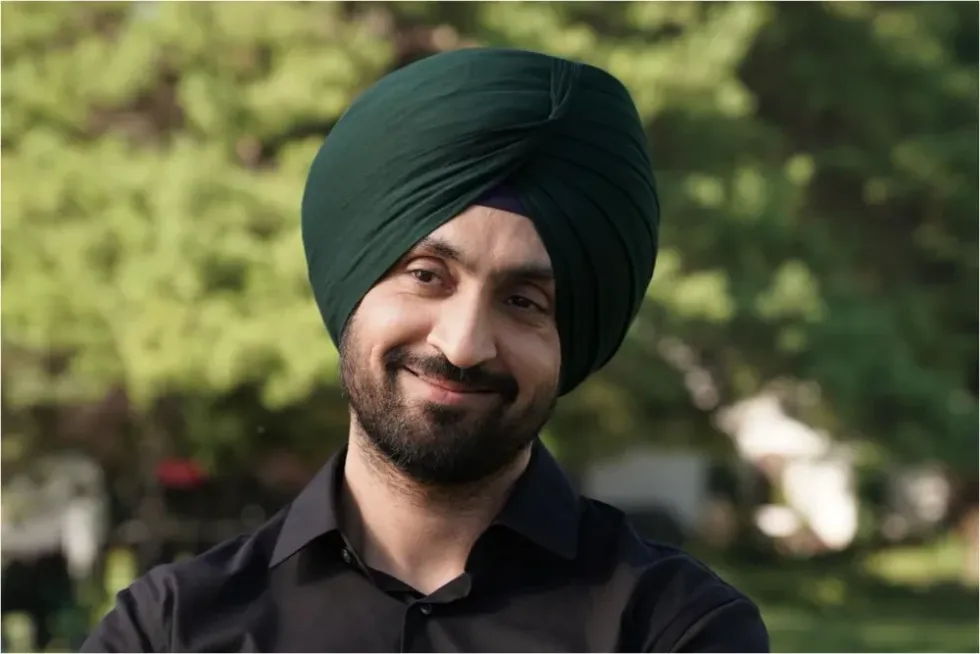 Detective Sherdi
Detective Sherdi
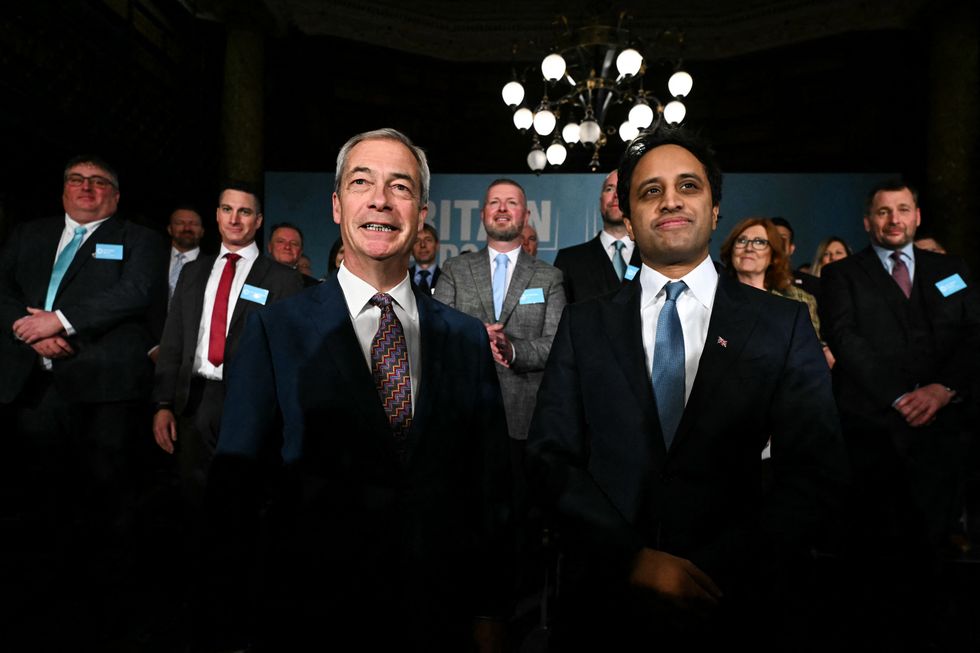 Nigel Farage and Zia Yusuf
Nigel Farage and Zia Yusuf